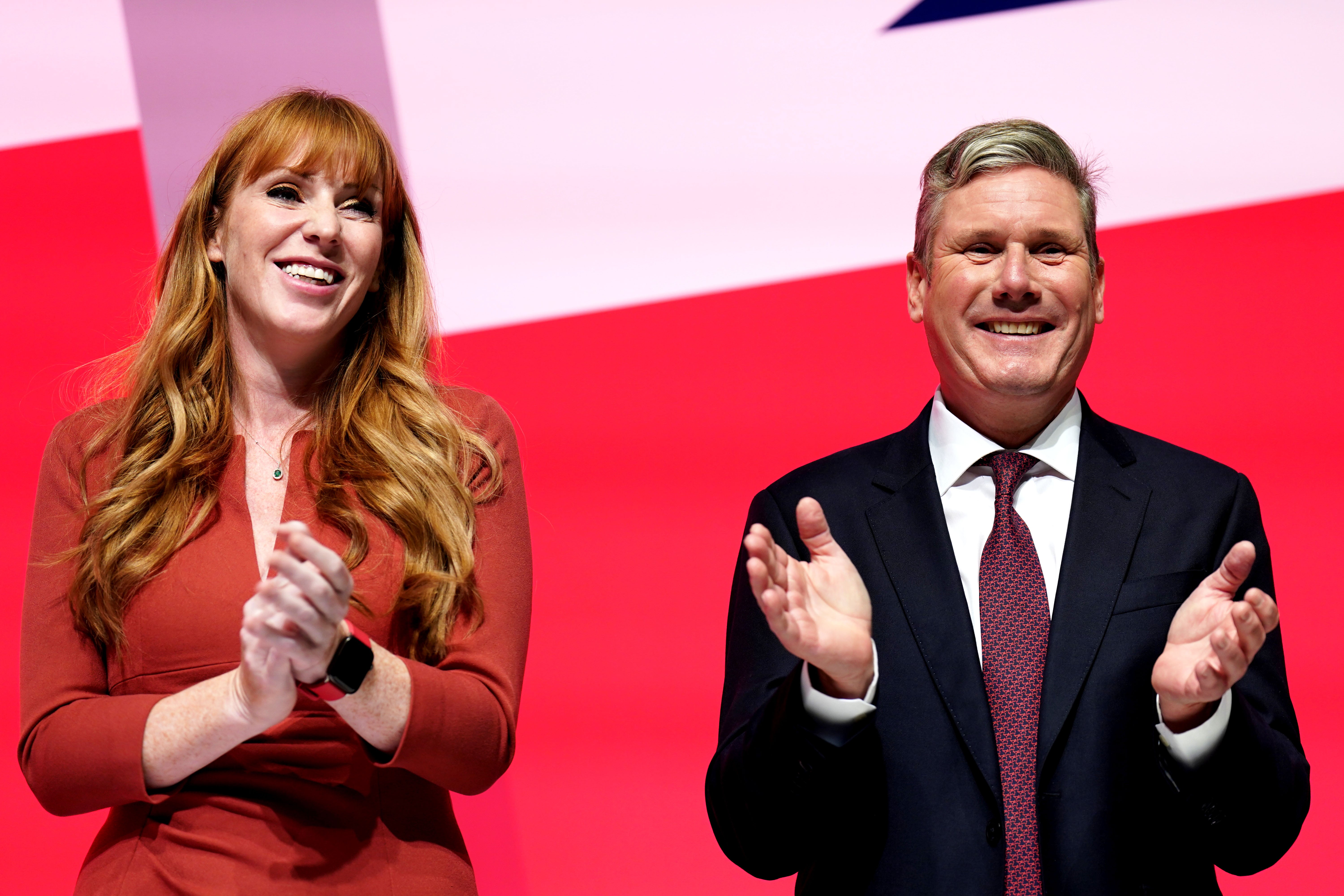Who are the winners and losers in Starmer’s ‘New New Labour’ reshuffle?
Sir Keir’s shakeup tells us a lot about how his government might behave, says Sean O’Grady


Sir Keir Starmer has reshuffled his shadow cabinet and quite a few of the personalities involved aren’t even household names in their own kitchens, to recycle an old political joke. Nonetheless, the shake-up tells us a good deal about how a Labour government might behave. Not all of it is encouraging.
Why is Starmer doing this now?
It does seem odd, when Rishi Sunak still hasn’t got round to his proper reshuffle of the actual government. Last week’s Wallace-Coutinho-Shapps rejig wasn’t the “real thing” and may have been forced on Sunak because of Wallace’s long-stated wish to stand down as defence secretary. A more drastic restructuring of the Sunak administration is promised for later in the year.
Starmer went ahead anyway. With this reshuffle, his shadow ministers will be able to get briefed and make their speeches at party conference next month on the firm assumption that they will all be in post for real if Labour wins the next election. By contrast, at least some of the cabinet ministers appearing at the Conservative conference won’t be in their current roles, or even in government, by the end of this year.
Who are the winners?
Starmer is the biggest winner of all, able to further mould his party in his own image. His authority is unchallenged. This has been a gradual, inexorable process. He has long since vanquished the Corbynite left; Corbyn himself has had the whip withdrawn and protege Rebecca Long-Bailey, once a star, was forced to quit her frontbench role. The appointment of Rachel Reeves as shadow chancellor back in 2021 was his single most important move, and his confidence has been repaid. Policy pledges have since been broken and remade, and Starmer has completed his unspoken mission to take his party to the social democratic centre ground of politics. A 10 to 20 point lead in the polls and some notable election successes have given Starmer the cachet of a winner, if not the charisma.
In this reshuffle, the promotions of Hillary Benn (Northern Ireland), Pat McFadden (Cabinet Office), Darren Jones (chief secretary to the Treasury), Peter Kyle (combined science and technology department) and Liz Kendall (Work and Pensions) signal another firm nudge towards a sort of Blairite revival, but without even a token lefty in the style of Clare Short. As a result, it is fair to say that a Starmer administration would be the most right-wing Labour government ever. Only four years ago, Jeremy Corbyn, Diane Abbot and John McDonnell were running the show.
Who are the losers?
Lisa Nandy and Jon Ashworth are the outstanding examples. Their “crime” seems only to have been to utter remarks on Brexit, housing, and social security, that were firmly in line with Labour principles at the time they were spoken but which failed to anticipate the further rightward drift of “New New” Labour. These Labour centrists seem to have been treated harshly, given their loyal but arduous service during the Corbyn reign, but despite their demotion have at least held on to frontbench roles (international development and paymaster general respectively). If anything, they look like victims of Starmer’s performative ruthlessness.
What about Angela Rayner?
Her additional role as shadow levelling up secretary, opposite Michael Gove, has been billed as a promotion and an opportunity for her to get in the news rather more than in her existing job as shadow to the deputy prime minister Oliver Dowden. Unlike her peer group, Rayner has the great strength of her own mandate from the membership as deputy leader, and has secured a promise that she will become deputy prime minister if Labour win. Of course that job is very much what the prime minister of the day wants to make of it. Given where she started – firmly in the Corbynite wave – she’s moved even further than Starmer in recent times, and has been mostly loyal. Starmer would be well advised to use her talents, utilise her popularity in the party and left-ish credentials, and keep her closely on-side in government. She seems set to perform a role analogous to John Prescott under Tony Blair, a highly fruitful partnership. There will be troubles ahead, and one day he will need Rayner more than Reeves or anyone else around the cabinet table.



Join our commenting forum
Join thought-provoking conversations, follow other Independent readers and see their replies
0Comments